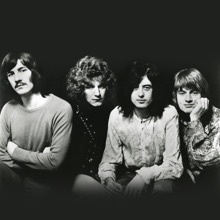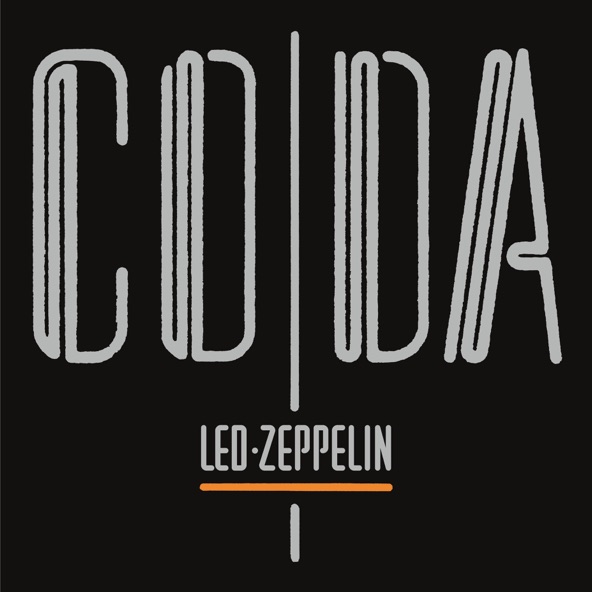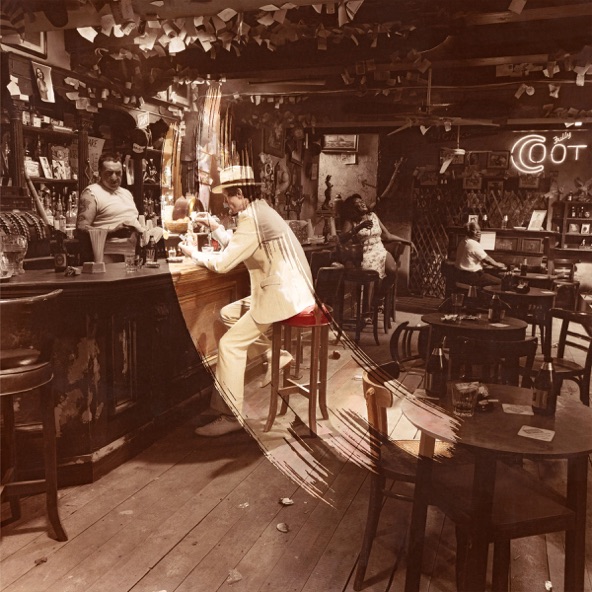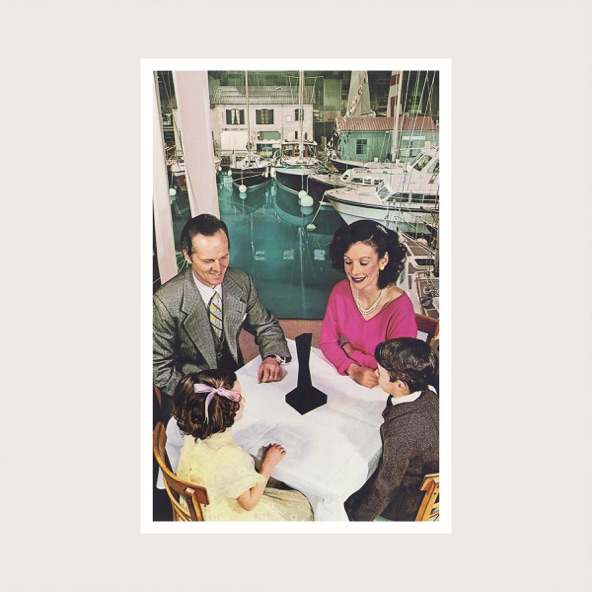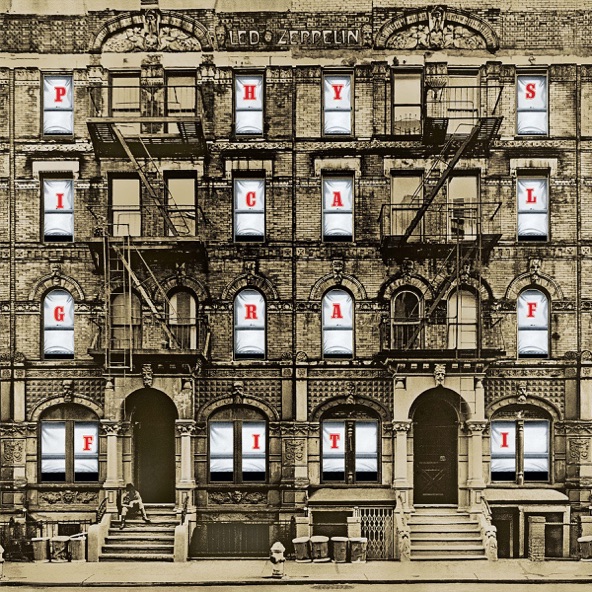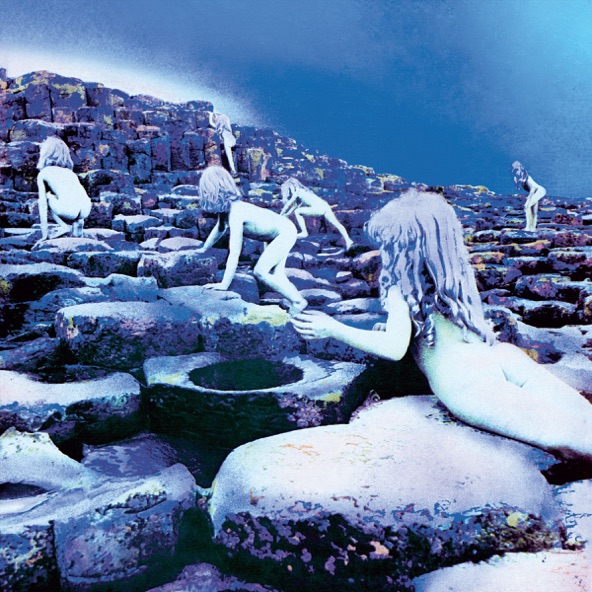Artist
Led Zeppelin
It wouldn’t be entirely accurate to say Led Zeppelin invented heavy metal. Formed by latter-day Yardbirds guitarist Jimmy Page in 1968 (originally as The New Yardbirds), the quartet were among a wave of bands taking the blues-based British Invasion sound in a louder direction. However, no other group wielded their might with such an authoritative sense of groove and grandeur. In Page’s hands, blues-based riffs became as wildly complex as his solos, while the rhythm section featured a drummer (John Bonham) whose kick-pedal could leave craters and a secret-weapon bassist (John Paul Jones) who served as the industrial-strength glue that held it all together. If heaviness was Zeppelin’s only attribute, their place in rock history would still be assured. But their thundering sound was always balanced by a disarming delicacy—best exemplified by the quiet-to-loud ascension of their perennial classic-rock-radio countdown winner, “Stairway to Heaven”. Sure, the group’s golden-god frontman, Robert Plant, possessed a shriek that could summon a fleet of rampaging Vikings (see: 1970’s “Immigrant Song”). But his obsession with psychedelic-folk acts like The Incredible String Band yielded a deep well of tender acoustic serenades, and he swiftly outgrew the girl-done-me-wrong narratives of the blues to weave Tolkien-esque tales that presaged metal’s fascination with medieval mythology. Plus, Page was not only a redoubtable riff machine, but a visionary producer who reimagined the rock album as a widescreen war epic. You can hear that cinematic sensibility take root in the brain-scrambling breakdown of “Whole Lotta Love” (as avant-garde as blues-rock boogie could get in 1969) and achieve its apex on 1975’s “Kashmir”, an epic Eastern-inspired odyssey where Jones’ sinister, Mellotron-manipulated string arrangement proved heavier than any guitar-powered rocker in their repertoire. Zeppelin seemed to be entering a fascinating new phase with 1979’s synth-injected <I>In Through the Out Door</I>, before Bonham’s untimely death a year later brought the band to a sudden end. But through the hair-band wailers of ‘80s, the militant rap-metal of Rage Against the Machine, the battered blues of The White Stripes and the 21st-century swagger of Greta Van Fleet, the aftershocks of Led Zeppelin’s seismic ’70s canon reverberate forevermore.
